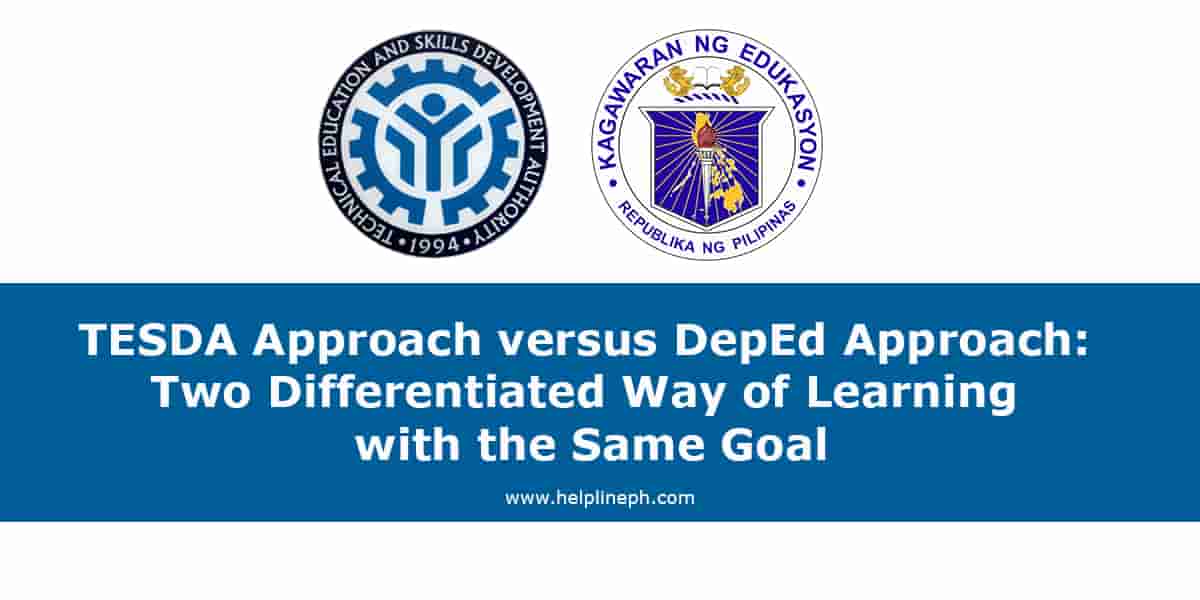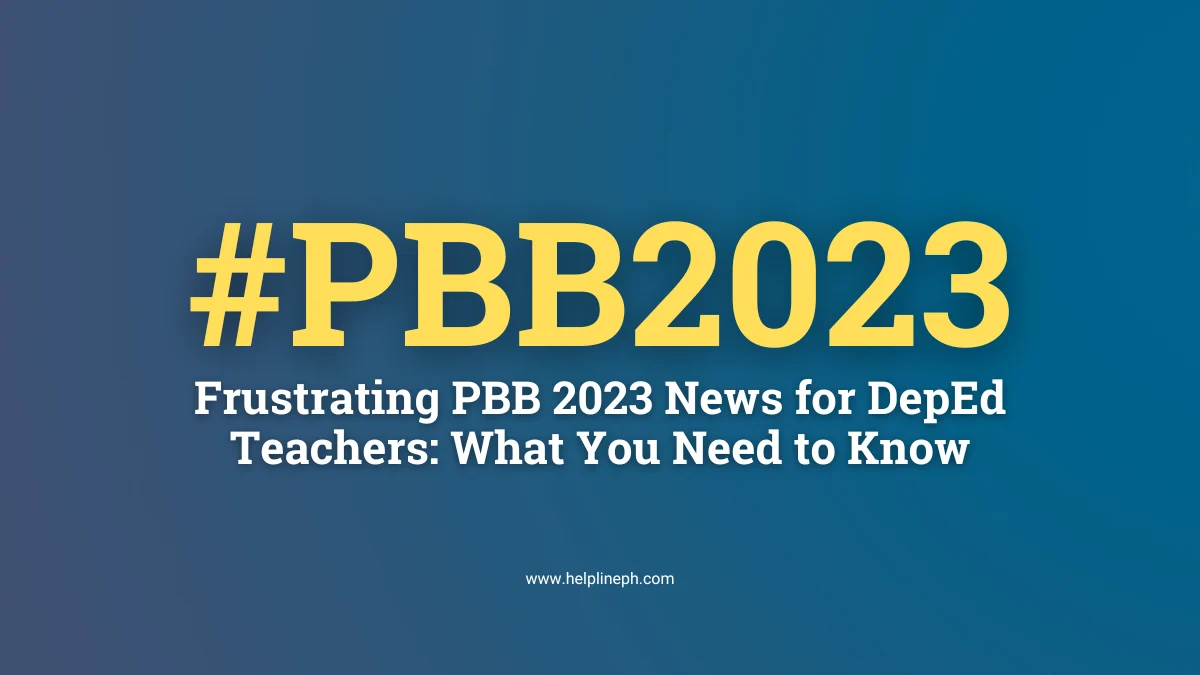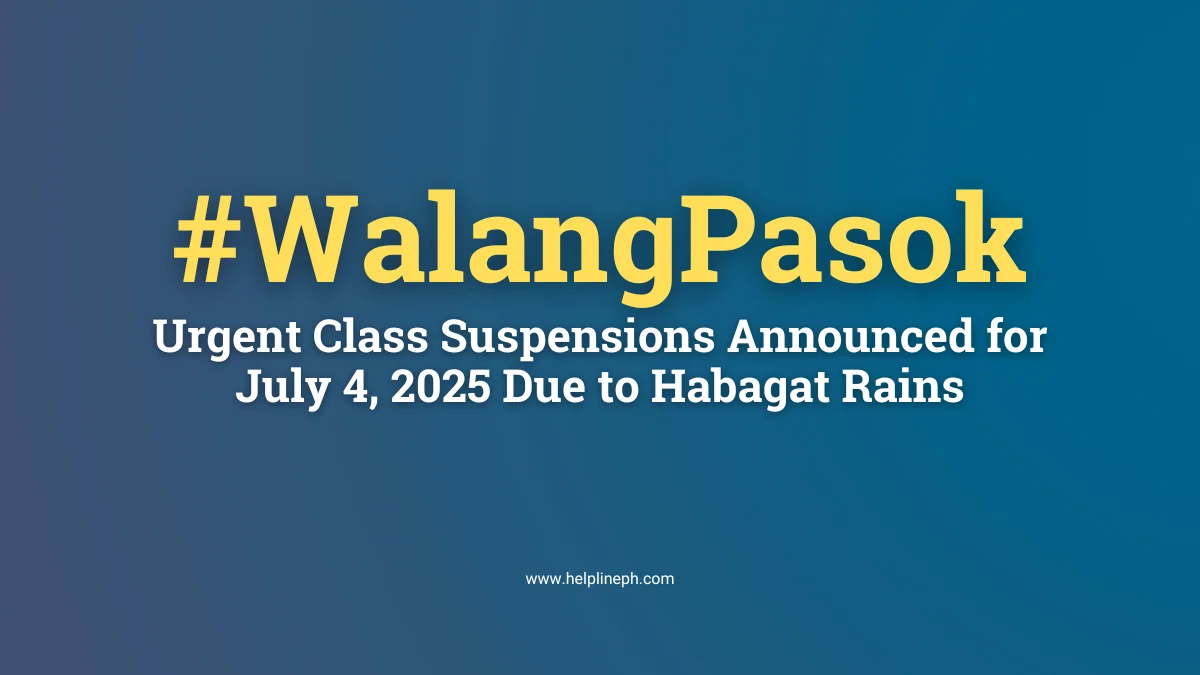DepEd and TESDA are two important sectors in the government with different task but share a common goal. They seemed to be interrelated with each other when it comes to providing knowledge for the students.
In order to fully understand each, we need to explain their individual functions first. DepEd formulates, implements, and coordinates policies, plans and programs both in the areas of formal and non-formal education. It also supervises all elementary and secondary education institutions including alternative leanings. TESDA on the other hand is the agency in the government tasked to managed and supervise technical education and skills development in the Philippines. Both the two agencies are on the same objective and that is to provide learning and skills.
So, in what way do these two sectors differ? Well, you may think that these two agencies are a lot the same but if you started to observe and experience them personally, you can easily tell their differences especially from the methods and techniques they used in giving necessary learning to students.
In DepEd, all the students (approximately in T.L.E., teachers have to 50-60 students per major) report to their respective classes at the same time, learn the same lesson from the same teacher, answer the same activities together, submit outputs after a given time together as a whole class and take the periodical exams together as a whole class again. As you can see, teachers give the lessons and create activities that will be answered by the students that will be collected right after the class period. In some ways, we can tell that “spoon feeding” is practiced (reality in public schools) in a class with 50-60 students.
In TESDA, there is a limitation of 25 students/trainees per class only. The instruction/lesson will be given once, then right after, the learners will be provided with modules for them to study, then there will be worksheets, job sheets and activity sheets intended to measure their learning. Every trainee is allowed to approach his/her trainer one by one to ask difficult topics.
Spoon feeding in TESDA is highly disallowed. Teachers in TESDA are called trainers and the students are called trainees. Trainers are responsible in creating the learning situation more conducive for the learners. The trainees will learn together the necessary lessons but during the skills test, they work individually creating a room for self-growth and improvement. The outputs will be given a time frame for submission. Trainers in TESDA are more than that of a facilitator. They only give answers if the trainees ask them questions regarding some points that are difficult. Trainees usually work within a given time frame and it doesn’t matter if one trainee submitted his/her output first as long as they don’t miss the deadline. More often trainings in TESDA lasts for 15 days, 45 days depending on the course enrolled (whether Cookery, Food Processing, Food and Beverage, etc.) If you are a trainee, it is your responsibility to work and complete your training by any means needed and comply the output. Right after the training, the trainer will then recommend the trainees for assessment. Assessment process is to determine how well the trainee learns from the training. The only task of the trainer is to input everything to the trainee to prepare him/her for the assessment. A trainee can only be assessed if he/she is “ready” for the assessment. As simple as that, no spoon feeding and everything is smooth but challenging.
In some cases in DepEd, even if the students are not yet ready to take the assessment, still they will be applied for it because it is a prerequisite upon graduation. Depending on the school they are in, especially if the teacher handling the training (we are talking about T.L.E here folks) is not yet a TM1 passer and does not know the guidelines in TESDA. This is the very main reason why teachers in the senior high school in DepEd are required to take the Trainers Methodology (TM1) training and be a certified trainer/assessor linked with TESDA so he/she knows everything about the conditions needed before applying the students for assessment.
Sometimes, DepEd and TESDA are in conflict circumstances because of the fact that TESDA assessors will really not tolerate students who are not yet ready and it they need to fail the students upon assessment, they will do so. Meaning, it is a burden in the shoes of the DepEd teacher handling the training because if the students fail, it is a boomerang on her part as the teacher/trainer. Most TESDA assessors don’t want to assess students trained by DepEd teachers (reality again) but they have no choice because they are not also allowed to disregard the application for assessment by the school. So students that are not yet ready will 100% fail in the assessment especially if their training differs that of from the TESDA training guidelines.
This is the reality that needs more attention so that every learner whether it is from DepEd or TESDA shares the same learning and training. That is why it is a must that Technology and Livelihood Teachers (TLE) must have prior training and certificates to handle the lessons and trainings in DepEd. After all, both agencies have only one goal, and that is to create high-end skillful learners! – Clea | Helpline PH






